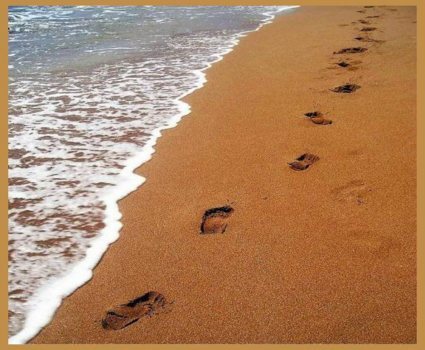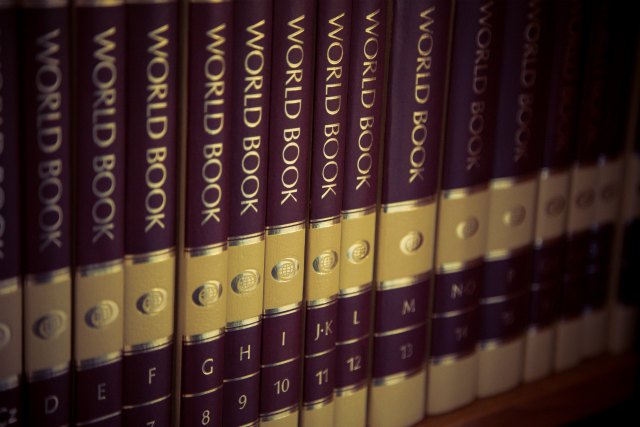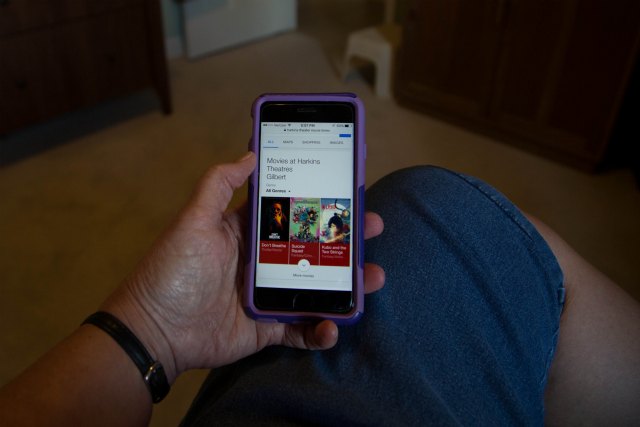I have a confession to make. I have a love/hate relationship with the world wide web.
Way back when, if I had a question about something, I had to find the answer in a book or some other resource. For example, if I wanted to know who the 14th president of the United States was, I could look in an encyclopedia under "Presidents" and find a chart with the answer in a few minutes - Franklin Pierce was the 14th president, born in 1804 and died in 1868. Easy peasy.
But we don't carry reference books around with us all the time, so often I would wonder about something but not have the opportunity to quickly look it up. However, if I looked it up later, I almost always remembered what I'd read. I think the effort involved in getting the information made it worthwhile to remember.
Then personal computers became widely available and "surfing the web" was a thing. It was new and exciting and really fast. Information was available in the blink of an eye. From multiple sources. In living color. Doing a Google search brought up the information before I had finished typing my query.
And with a smart phone I can search for information anywhere, anytime I have cell service. Instant information, 24/7. Sounds like a great thing, right? Super convenient and very easy.
I'm not so sure.
Unlike a reputable reference book like World Book Encyclopedia or Encyclopedia Brittanica that is edited and fact-checked by multiple people and sources (and historical information doesn't change like technology or geographical information does), anyone can put absolutely anything on the web. It takes much more effort to find "fact sources" on the internet that are edited by experts and consistently accurate.
But it's more than just the potential for inaccuracy. It's what I call the "laziness factor." Doing a Google search to answer the "question of the moment" requires almost zero effort on our part. We don't even have to spell correctly. Instantly the information is quite literally at our fingertips where we can either read it for ourself or, if we're really lazy, listen to Siri tell us whatever factoid we've requested.
"Ahhh... so that's the answer!" we think to ourself before we quickly discard that piece of information. We think we remember it until we try to tell someone else what we read 15 minutes later and have to look it up again. There is no need to remember the information because we can just look it up again if we want or need it.
I agree that there are some things I might be curious about but don't need to remember forever. For example, what time the current blockbuster hit is playing at the local theater.
But I wonder if what we are really doing is training ourselves to not think as we read, to not retain information but to merely read the words to quickly find the answer to the question before moving on to the next thing.
And that is the crux of my love/hate relationship with the world wide web. I love the convenience and speed of getting information but hate the mindlessness of it. My solution? Use it when I must but also take time to investigate something - read a book, talk to a craftsman or professional, engage in the process and think critically about the information. I find it far more satisfying than just clicking a button and mindlessly reading whatever answer pops up.
Friday, September 9
Subscribe to:
Post Comments (Atom)



No comments:
Post a Comment